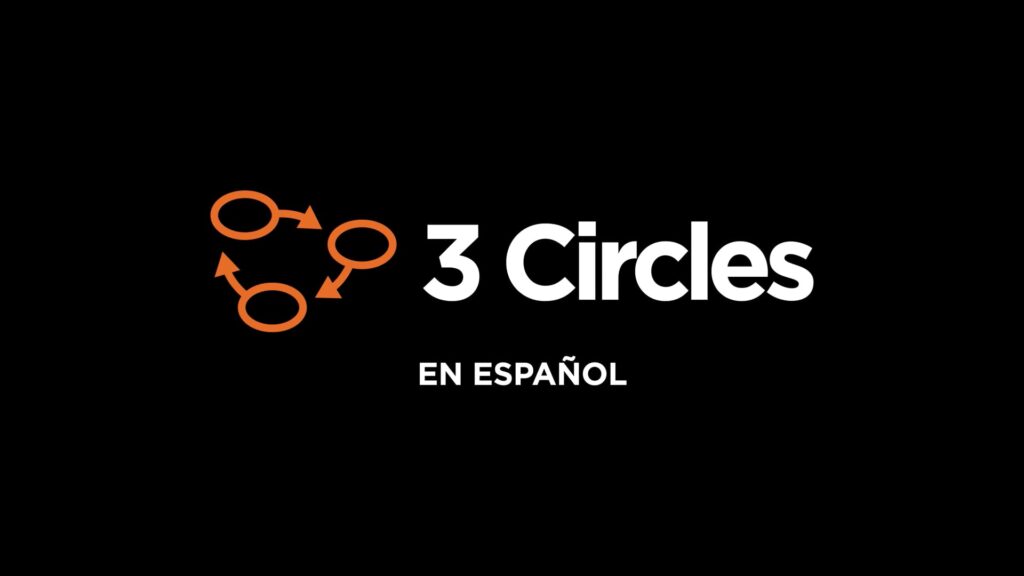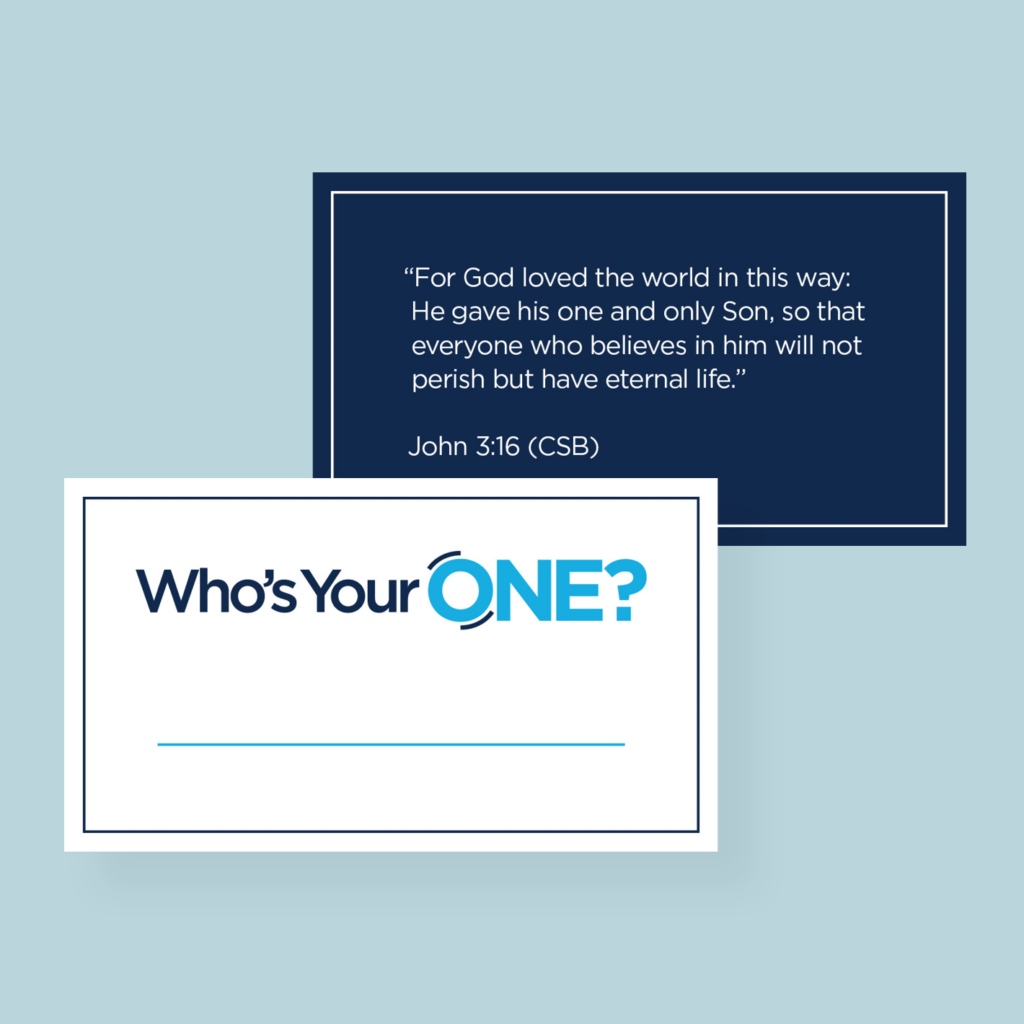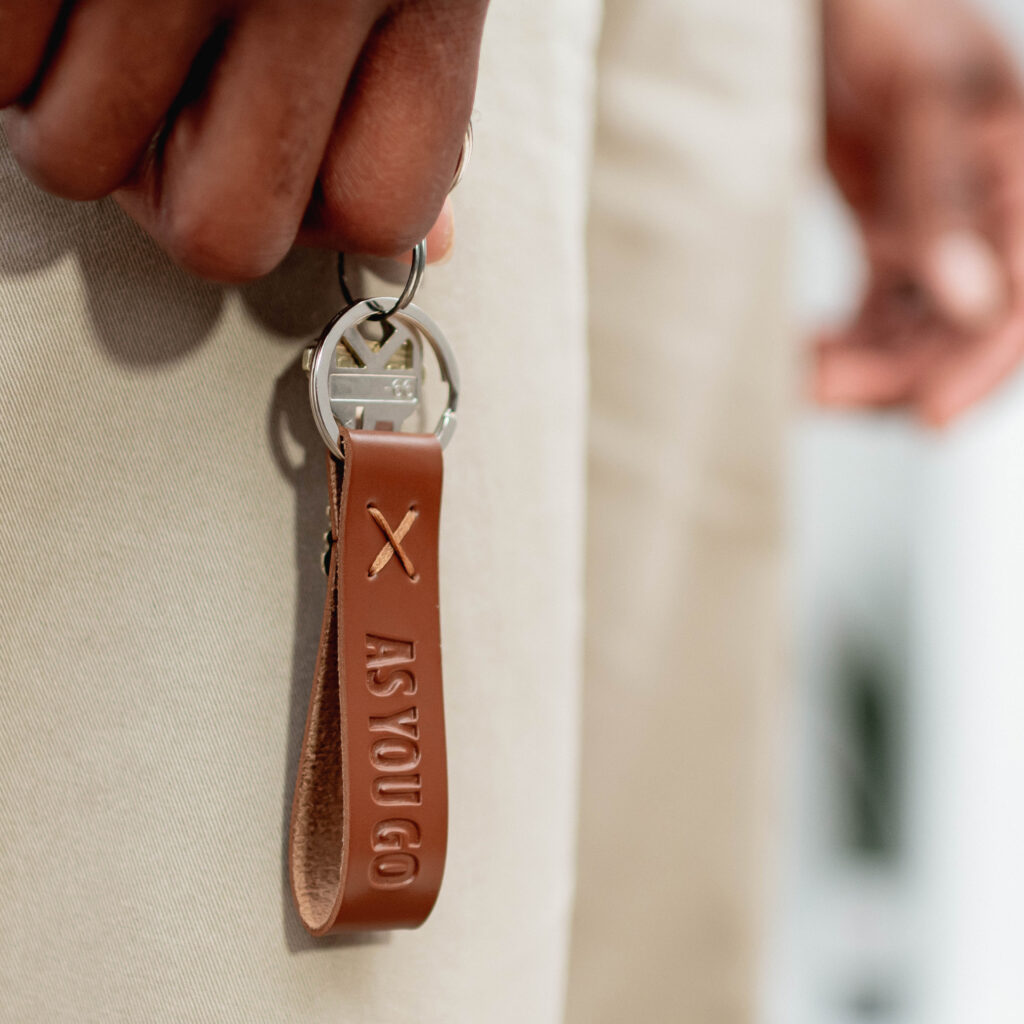How many ways can I invite thee? Let me count the ways (to paraphrase the poet Elizabeth Barrett Browning)!
Having pastored over four decades, preached in a number of crusades from football stadiums to open air venues to tents both here and around the world, I have learned at least a little about giving invitations. One thing I have learned is that it is both a science and an art. It is a science in that there are, I believe, certain do’s and don’ts that one should be mindful of and follow. On the other hand, it is an art in that tone, inflection, and (of course) total dependence on the Holy Spirit are factors that can help or hinder this moment of eternal decision.
But the question is what people are being invited to and whether an invitation is to be given at every service. As to the latter, I will say I am firmly convinced that indeed an invitation should be extended whenever the word is preached where an invitation is warranted. As to the former, I believe the reason an invitation should be extended is that, at a minimum, one is being invited to respond to God’s free offer of salvation through the gospel.
Indeed, one reason some and (seemingly more) pastors shy away from an invitation is because they do not give anyone anything worthy to be invited to. There is much preaching today that is informational but not transformational. Two things are joined at the hip (at least to my way of thinking): the gospel and an invitation. Sadly the gospel struggles to get a hearing in many churches on most Sundays and what many call the “gospel” is more akin to self-help psychotherapy, advice on best practices, and a TED talk than the true gospel.
I believe the gospel should always get top billing somewhere in every message beginning, middle, or end — even throughout the message itself. Understand that the gospel is not the subject of every message, but the gospel should be clearly stated in every message for it is, as Paul put it, “of first importance” (1 Cor. 15:3) Our core message is always the fact that “Christ died for our sins, according to the scriptures, was buried, and raised on the third day according to the scriptures.” He did that so we could extend an invitation to anyone, anywhere, to receive His free offer of salvation and eternal life.
There may well be other decisions and calls to action, for both believer and unbeliever, in the invitation. But one invitation always should be extended to one decision: the decision to trust Christ, confess Christ, and surrender to Christ as Savior and Lord. But there are many and varied ways to give an invitation.
There is one last thing to say about an invitation: It must be crystal clear what one is being invited to do and how one is to respond. Clarity, not confusion, must permeate every directive of the invitation. That means that, more than ever before, terms such as “ get saved,” “invite Jesus into your heart,” etc. must be clearly explained, to eliminate as much misunderstanding as possible.
With that said, there are a multiple numbers of ways an invitation can be extended. Too many times, we debate how to give one, when the bigger problem is the increasing tendency to not give one at all. I am amused by the dogmatism of some who hold to only one form of invitation, as if God delivered only one method on a stone tablet hot off the press at Mount Sinai!
One way to give an invitation is the “traditional” come-forward invitation, in which people are asked to come to the front of the church and make a “public profession” of their faith (though that is really done at baptism). There is nothing wrong with that method in the least ,and at times can be very effective.
Another way is a “come backward” invitation, in which people are invited to come to the back of the auditorium, or to a place in the lobby or to another room, to be engaged by someone who can lead them in whatever decision they are trying to make. This also can be augmented by a card that is filled out, decisions boxes checked accordingly, brought to the place for decision, and simply handed to one of the trained encouragers.
Still another way is to allow decision cards to be filled out and placed in the offering basket (if taken after the worship service), left in the seat, or dropped in receptacles at the exit for follow up later. Again, the different ways to do it are endless. The point is everyone should have the opportunity to clearly understand how to have a relationship with God, be forgiven, receive eternal life, and an opportunity to respond accordingly and appropriately.
However you do it, as Nike says, “Just do it!” Because at end of the day, God sent his Son to die on the cross and come back from the dead so every believer, any time, anywhere, can say to every unbeliever, any time, anywhere, “No matter how dark your past, how deep your sins, or how destructive your behavior, you’re all invited to the Lord that will receive you, redeem you, and reconcile you to himself forever.”
Published April 25, 2018



